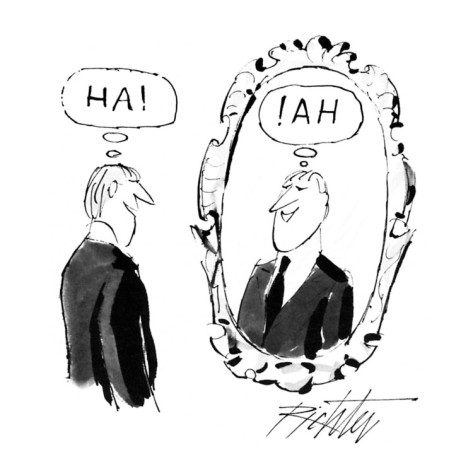Let This Year be as Short as Possible and Mark the End of the Virus
I started to write a blog about opening schools—a timely topic right now. However, I got a message from my Australian family for Rosh Hashana—the Jewish New Year (the evening of September 18th marked the start of the year 5781 in the Jewish calendar) and changed my mind. My Australian relatives weren’t overly optimistic about the coming year. They wished us all a safe, sanitized, distanced, and happy new year. They hoped we would stay healthy (especially COVID-free) and would be able to weather all of the new restrictions and limitations that will continue to change everyone’s lives for at least the next 2-3 years. The Islamic New Year was on August 19th; I would not be surprised if Muslims celebrated the holiday in a similar spirit. This is definitely different from the evening of December 31, 2019, when we all wished everybody an uncomplicated, “Happy New Year!”
I wrote a blog on August 14, 2018 (“Giving Up is Not an Option: Let’s Focus on What We Still Can Do”), where I took my inspiration from the game of bridge. The logic fits the present situation even better than that of two years ago:
A “golden” rule of bridge (as conveyed to me) is to play based only on information that can help you immediately and ignore everything else, even if it might impact your ultimate success.
I came to realize that such a strategy is essential for survival in this age of climate change and there is no better time to start implementing it than now.
Right now, on top of climate change, we are grappling with COVID-19. The western US is ablaze and Alabama and northern Florida are drowning. Europe is starting to experience a second wave of the coronavirus and Victoria, Australia is back in a lockdown and waiting for the almost inevitable bush fires in the coming summer. I have close family in all of these places. Everything has become personal.
I am focusing with my students on finding ways to extract some good news from the coronavirus so we can learn how to confront future disasters. For instance, we survey the successes and failures in coronavirus responses around the world and judge how relevant they are to our confrontation with the longer-term disaster of climate change. I will write about some of these projects soon and have my students write guest blogs as well.
We celebrated Rosh Hashana with a sweet potato and dried fruit dish called tzimmes, honey chicken, and wine. For the first time since the lockdown, we went to visit friends, sitting on the terrace, keeping social distance, and wearing masks when we needed to move around. We shared our homemade tzimmes and they made an excellent kugel. Many of the traditional foods for the Jewish New Year are sweet. They reflect the hope for a sweet year.
Enjoying the dishes, I reflected that my wishes for this new year are a bit different from usual. Mostly, I just wanted this past year—and all the baggage that it carried—to be over. I thought that this new year might be more accurately celebrated with the bitter herbs that are traditional for Passover—a symbol of suffering and sorrow. Of course, I eventually decided it might be better for my mental health to approach this period with a positive outlook, hoping for minimum damage. Despair, too, can be dangerous to both the mind and the body.
Shana tova, everyone. May your new year be sweet and safe.


The pandemic has brought a lot of changes to our life, not only is this holiday being affected, all the holidays have decreased in participation, the pandemic kept people indoors and the stores are being shut and closed, and no one knows when the end of this comes.
I was thinking about the New Year this whole summer and hoped the pandemic would be over but now it looks like it won’t. I hope that next year will be much better, and we’ll find cure for this desease. Even if the schools are still closed, even if we still sit at home for some time, I hope next year the situation will improve.